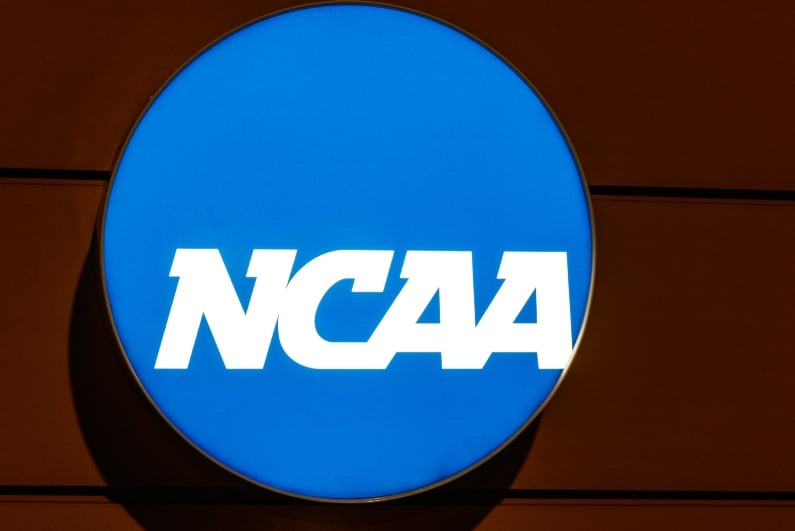Montana chooses Greek operator
Intralot, a company based in Greece, is apparently the chosen operator for sports betting in Montana. The news comes less than a week after Intralot controversially was given control over most sports betting operations in Washington, DC.
Neither of the deals was based on a competitive bidding process.
Intralot is already the operator for the Montana state lottery as well as the Washington, DC lottery.
Gaming stakeholders in both jurisdictions wonder why there was no competitive bidding for these contracts. This means that Intralot has effectively a monopoly on the market in both jurisdictions.
Response from stakeholders
At a recent meeting, Montana gaming stakeholders expressed their concerns about the decision to award Intralot the sports betting contract. A representative of the Gaming Industry Association of Montaa, Neil Peterson, said:
You’re awarding a contract that’s worth $4.5 to $6.1m (£3.6 to £4.9m) over the next four years, each year, to a company on a no-bid contract.”
He added: “I’m hearing rumblings from within the industry that should the commission go ahead and do a no-bid contract with Intralot that you could have some litigation over that.”
A spokesperson for the Montana Coin Machine Operators Association, Ronda Wiggers, said there are a lot of operators with more experience in the sports betting market in the country. She called for the full bid process to be used to find the best operator for the job.
However, it does not appear that the Montana Lottery Association will consider budging. While there still needs to be an internal vote on the issue, indications are that the contract will be approved.
In response to these concerns, the director of the Montana Lottery Commission, Angela Wong, said: “The current contract is in place and forward-looking and provides for sports wagering, and it’s our intention to work with our current vendor. We’re having legal review that again [sic]. We recognize that we are in the very early stages of our public process.”
Sports betting in Montana
Six tribal gambling facilities offer casino games in Montana, but commercial casinos are not legal. Under the grandfather rule of the 1992 Professional and Amateur Sports Protection Act (PASPA), Montana could operate a limited form of sports betting while the federal ban existed. When that ban ended in May 2018, state lawmakers began pushing for full legalization of sports betting.
The aim was to garner more tax revenue and to keep funds away from black market operations. Three main bills were under review as the end of the recent legislative session approached. Ultimately, one of the bills got approval and it was signed into law in May by Governor Steve Bullock. That made Montana the first state to legalize sports betting in 2019.
Bars and restaurants can offer electric kiosks for sports betting and mobile sports betting only on their premises. The plan is to have sports betting up and running in time for the start of the 2019 NFL season. Intralot will be the only provider of sports betting technology in the state.
Washington, DC, controversy
There have been allegations of corruption in Washington, DC over the awarding of the district’s sports betting contract to Intralot because there was no competitive bidding process.
Intralot will be the sole provider of retail and mobile sportsbooks in the district, outside of the sporting arenas. The major sporting arenas–Saint Elizabeth’s East Entertainment and Sports Arena, Nationals Park, Audi Field, and the Capital One Arena–can offer sports betting and can choose their own operators. Each of them also has an exclusivity radius of two miles.
Questions were also asked about the subcontractors involved in the awarding of the $215m (£173m) contract. Some of these subcontractors are linked to politicians. One of the chief proponents of legal sports betting in the district is Council member Jack Evans, who is now embroiled in controversy following a recent FBI raid. There are concerns about potential ethics violations in his business dealings, which include gambling interests.
Following these revelations, a number of DC council members withdrew their support for the awarding of the contract.
Council member Elissa Silverman said: “The whole thing stinks. Given all the ethics clouds over this building and this contract, we need to hit pause. We need to restore the public’s trust, but with the approval of this contract, we will continue to erode it.”
Despite these concerns, the five-year contract was approved by a 7-5 vote.




